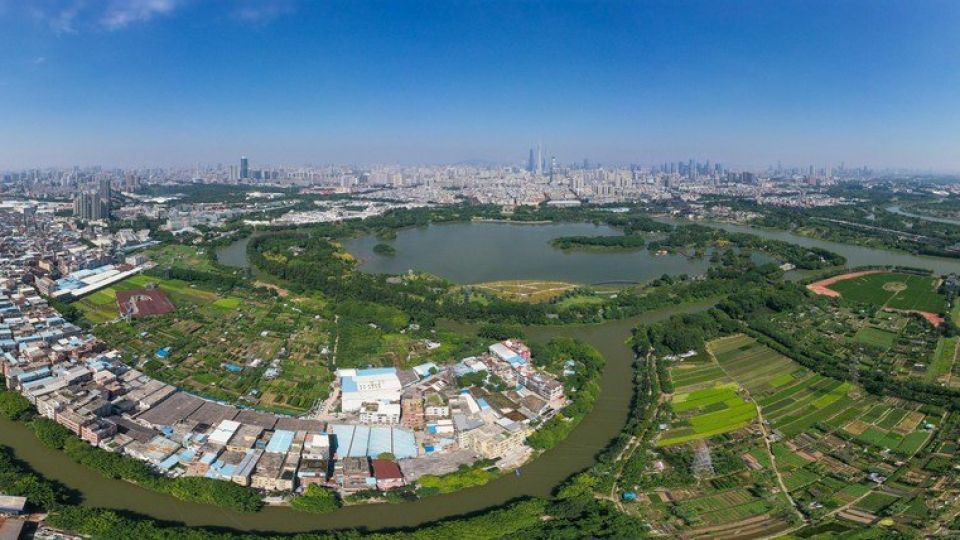March 22, 2024
BEIJING – As the world grapples with the twin challenges of feeding a growing population and combating climate change, a new initiative is calling on innovators, including those from China, to develop solutions at the intersection of agriculture and energy.
Climate Challenge, launched by a Silicon Valley incubator, seeks to harness the power of technology to create a more sustainable future by finding the best entrepreneurs and scaling those technologies.
“We need to think big to drive transformation, and we believe that innovators, entrepreneurs and breakthrough technology will lead this transformation,” said John Hartnett, CEO and founder of SVG Ventures|Thrive, an innovation and investment platform in Silicon Valley.
“Just like (former Apple CEO) Steve Jobs transformed the way we communicate through our smartphones or (CEO of Tesla) Elon Musk transformed the car industry with Tesla, China has played a major role in both these industries,” he said.
With global energy demands soaring and the clock ticking on climate action, Hartnett saw the convergence of agriculture and energy as a critical battleground.
Climate change is the greatest challenge that the world faces in the 21st century, he said, and last year was the warmest year since records began in 1850.
Left unchecked, the economic cost could reach $178 trillion over the next 50 years. Conversely, a rapid shift to renewable energy could inject $43 trillion into the global economy, according to a recent Deloitte report.
This is where Climate Challenge comes in. Partnering with Alberta Innovates, a Canadian funding agency, the initiative aims to identify and support innovators from across the globe who are developing solutions at the nexus of agriculture and energy.
The focus is on three key areas: advancing biofuels, promoting on-farm energy generation and fostering water stewardship. Ten finalists will have the chance to showcase their innovations to a global audience, competing for prizes and growth opportunities, the organizers said.
The initiative recognizes China’s leadership in clean energy technology, particularly electric vehicle and solar technologies in developing on-farm efficiency.
China has the world’s highest number of patent applications for solar cells, demonstrating its commitment to developing and manufacturing renewable energy solutions.
It is emerging as a leader in electric vehicle battery technology, underscoring its comprehensive approach to clean energy innovation.
China has filed 126,400 global patent applications for solar cells, ranking first in the world, according to data released by the country’s National Intellectual Property Administration. In the area of EV powertrain batteries, China is also emerging as the largest source for patents applied for and granted.
As to the on-farm energy, Hartnett said there is opportunity in this space to upgrade production opportunities and adopt best management practices using innovation.
“We recognize that there are technologies employed in other parts of the world, China included, that have relevance in Canada,” he said. “We are eager to attract these innovators to apply to climate challenge and to consider how they might deploy their technologies on farms in a new region.”


